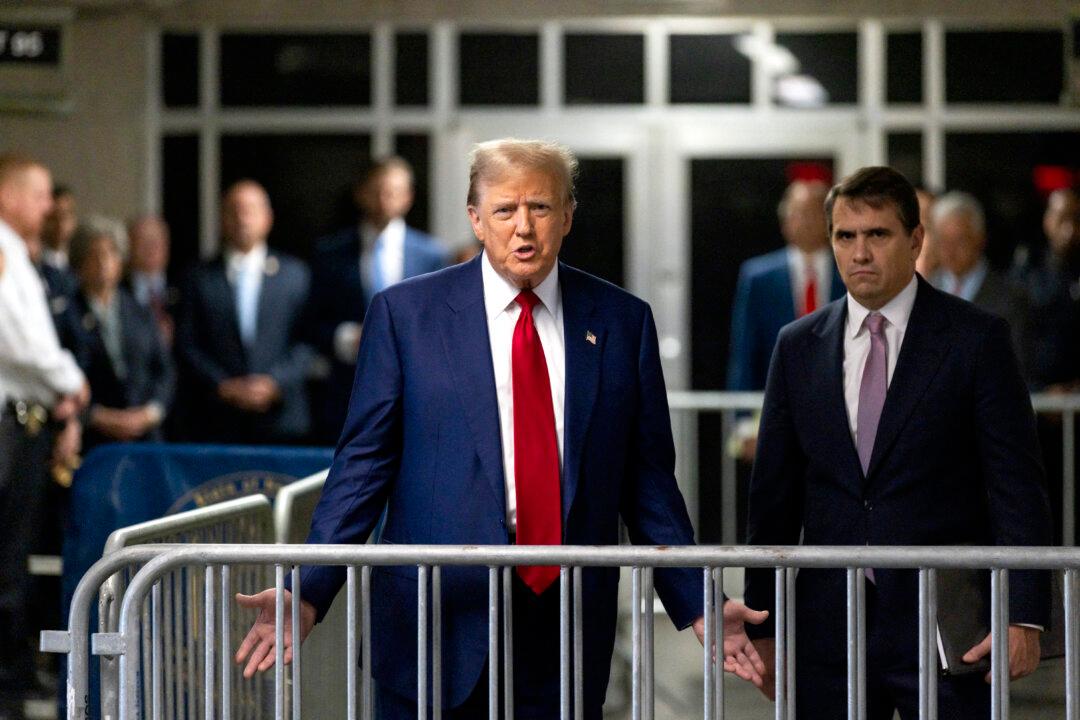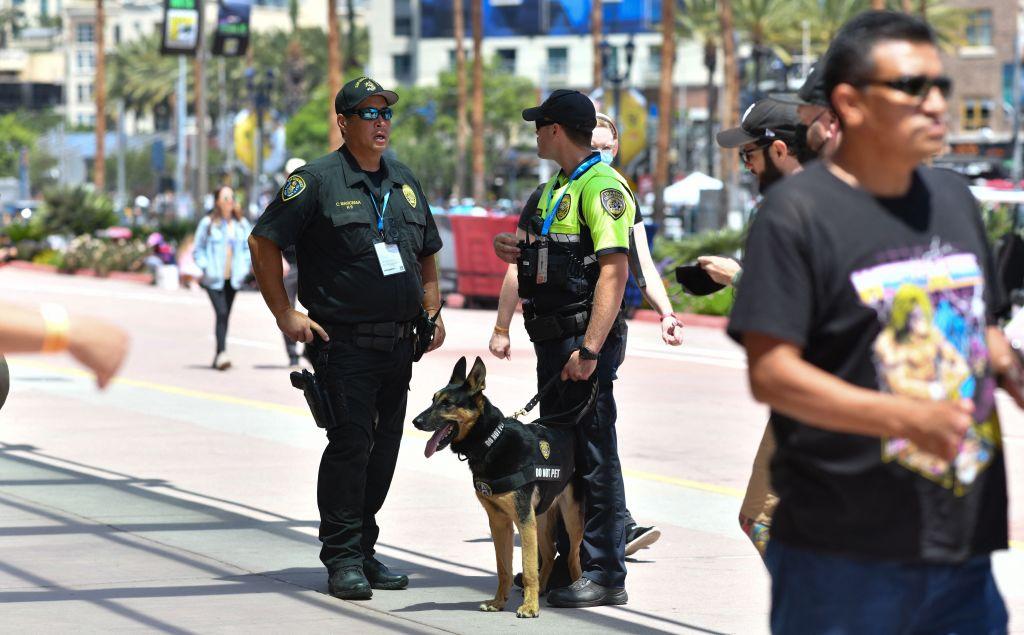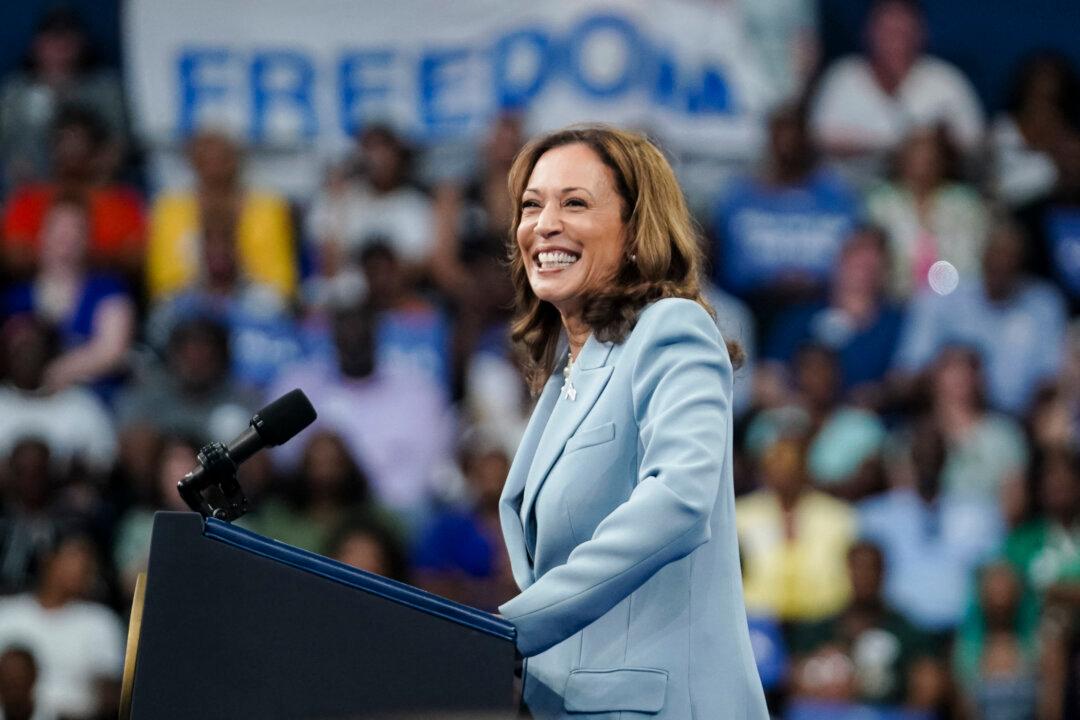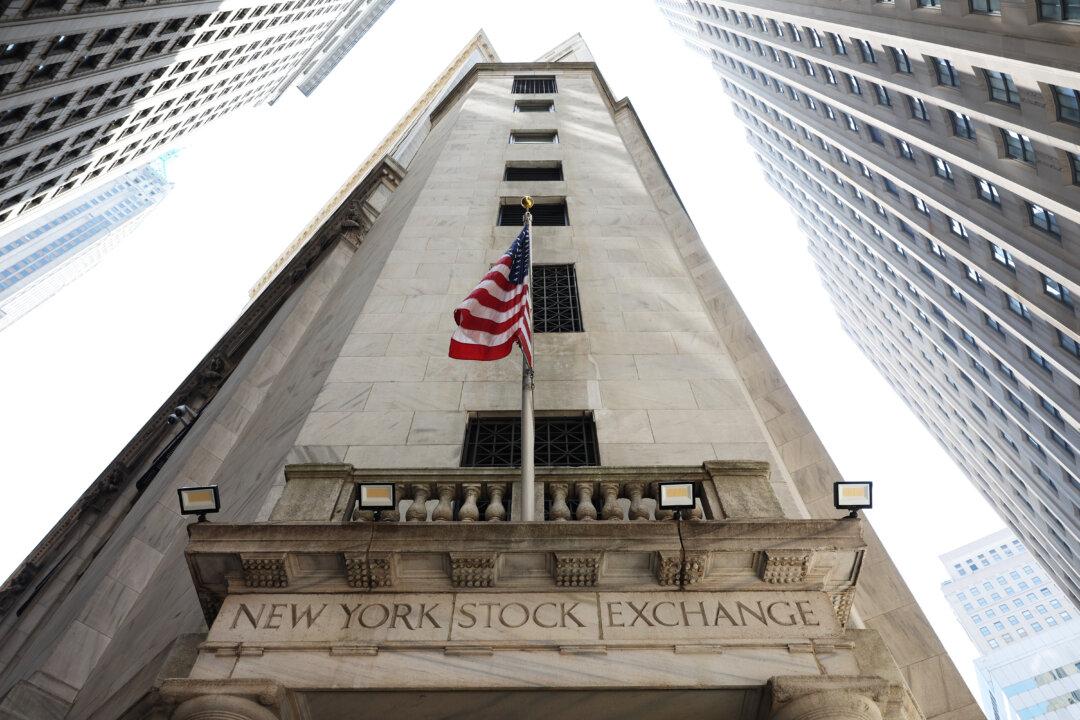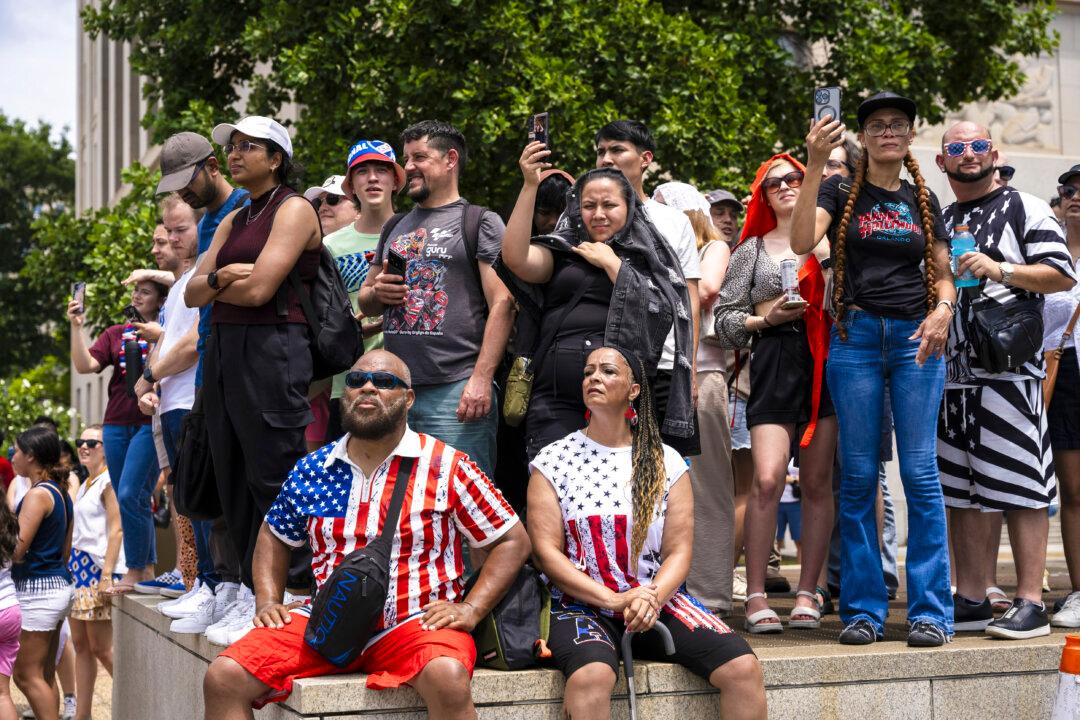After a six-week trial in Manhattan Criminal Court, the jury has heard the closing arguments in former President Donald Trump’s New York trial.
Tuesday marked the final effort by President Trump’s defense team to persuade the jury that the former president did not conceal information about payment made to Stephanie Clifford, better known as adult actress Stormy Daniels, before the 2016 presidential election.Manhattan District Attorney Alvin Bragg filed charges against the former president in April 2023 for allegedly falsifying business records for the purpose of influencing the outcome of the 2016 presidential election.
